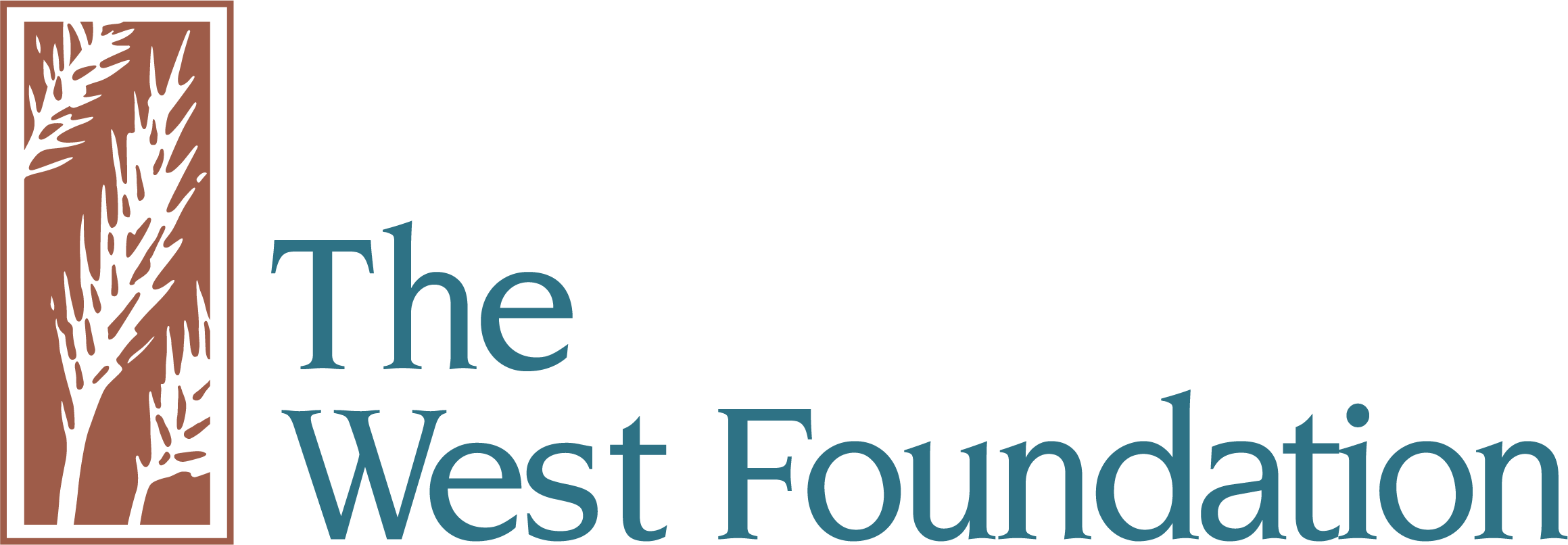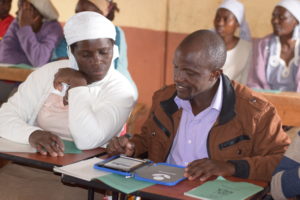Learn more about ProLiteracy
1. Tell us about your mission.
Our mission is to change lives and communities through the power of adult literacy.
2. How is The West Foundation supporting your mission?
The West Foundation has been collaborating with ProLiteracy for more than 20 years. Our relationship started in 1999 when this organization was known as Laubach Literacy International (LLI). Leadership from The West Foundation allowed ProLiteracy/LLI to launch our Women in Literacy initiative, which ultimately grew to reach to 125 grassroots partners in 65 countries. The West Foundation worked directly with the international division for many years and helped us not only financially but strategically in connecting with other NGO partner organizations such as Care International. The West Foundation has funded many international projects integrating literacy into various development areas such as health literacy, women’s economic empowerment, and human rights. Their hands-on approach and leadership have been invaluable in growing ProLiteracy’s international division.
3. Considering your impactful work to eliminate poverty, how is The West Foundation’s philanthropic support providing you with sustainability and mobility?
The West Foundation’s leadership and involvement over the past 20 years have helped ProLiteracy connect with other strategic partners both to leverage new streams of funding and to develop new programmatic initiatives such as our international intern/volunteer program as well as Women in Literacy.
4. How are you realizing your potential?
As an organization, ProLiteracy developed a Theory of Change and accompanying measures of impact to better understand how our work helps local programs. We have learned over the past few years that our reach is quite large, touching at least one million learners worldwide through our member programs and publishing customers. While we hope to maintain our reach, growing it to help even more literacy programs and learners is our true goal. To do that, we are solidifying partnerships that make teaching literacy easier, meeting new organizations external to literacy so new learners can be reached, and raising awareness of the issue so more learners and tutors step forward.
5. What’s one important thing you want others to know about your organization?
We want others to know the importance of adult literacy and that it is truly one of the most solvable social issues that would make a major impact on the world. When adults go from low literate to literate, it has immense effects on their lives especially in the areas of personal and family economies—one report showed that learners who study for over 100 hours earn $10,000 more in a year than those who do not reach this milestone. Additionally, improved health is an area where we see change—low-literate adults have a hard time understanding health risks and precautionary measures. Imagine how real this issue is in the midst of a global pandemic. A more literate population can not only affect the public’s health but also public dollars as well.
6. How can people reading this help you?
If you are reading this and want to help, we can always use financial support, especially during this time when the pandemic has caused distance education to replace in-person instruction. ProLiteracy recently launched the Literacy Relief Fund, which will give digital education tools and books to local programs so they can continue working with adult learners. If financial support is not possible, we encourage you to consider being trained as a volunteer tutor or offering other help to a local program. In the U.S., you can check out the National Literacy Directory to find a local program or contact info@proliteracy.org for international contacts.
7. What are your deepest needs as an organization?
As an organization working in adult literacy, we have a long list of needs. What would help us the most is for the general public to recognize that literacy is a basic human right. So often, people assume that all adults are literate, but 760 million adults around the world are not. To improve our society, we first need to recognize and examine the inequities that exist and why they exist. Then we need help to create and distribute tools—such as literacy education—so we can start to solve the problem. Literacy is a basic building block of education and communication, so the more people who understand that and support our work, the better off we will all be.

